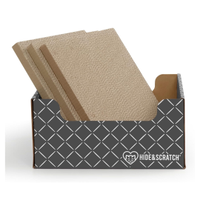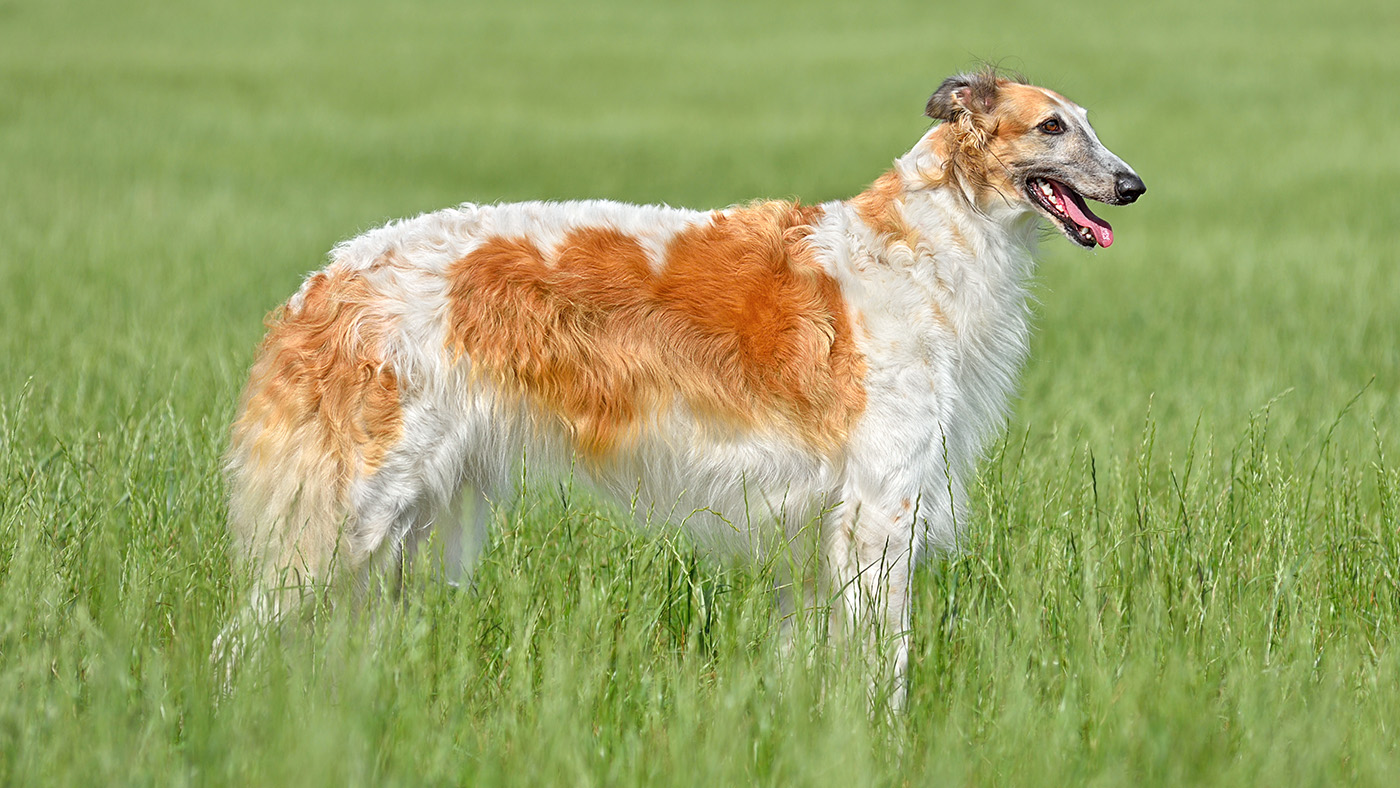The 6 best cat beds 2025, reviewed and approved by our cats
We tested the best cat beds that your sleepy kitty will love
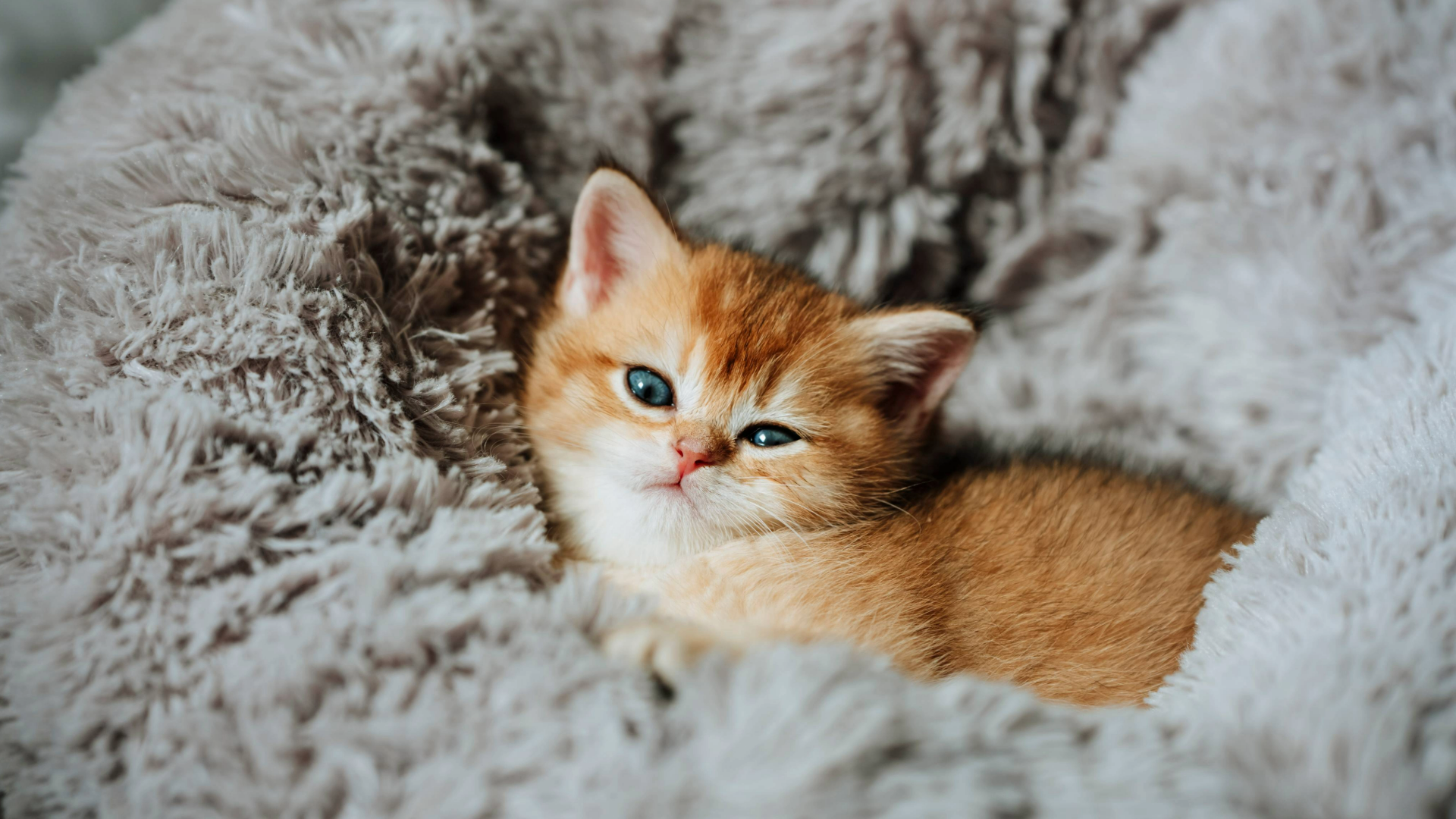
Choosing the best cat bed is an important decision – especially since our feline friends sleep for around 15 hours a day (that's 62% of their lives spent snoozing!).
I've had cats for 20 years and have tested all kinds of cat beds; from caves and tunnels to cushions and the best cat hammocks. There's not a 'right or wrong' style to buy; it all boils down to your cat’s unique preferences. My cat Chilli loves to curl up in a cozy cave, whereas Nala enjoys napping in a hammock up high – every pet is different!
To help you make a decision, I've spent hours researching various models on the market, investigating their materials, quality, and value for money. I then selected my top picks (that I would buy with my own money) and gave them to the PetsRadar testing team to rate and review.
Below, you'll find our honest feedback on what makes them great and where they could be improved. I've also included our photos from testing to give you a better feel for what they look like and how our cats responded to them.
The best cat beds 2025
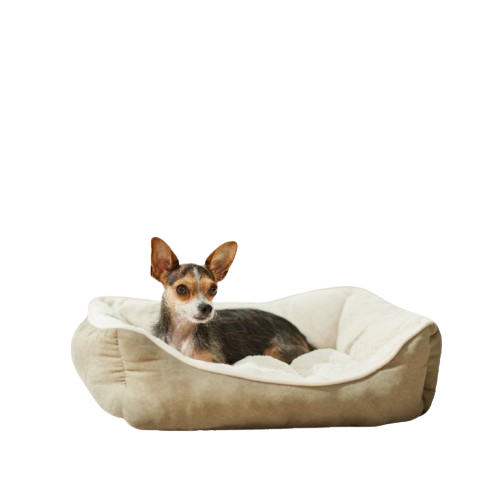
The best bolster cat bed
This bed might be marketed toward dogs, but our tester Julie says it works well for cats too and is particularly good for senior pets. Since the front is lower down, it makes it easy to step in and out of, and the bolster sides help your cat feel safe and protected.
The outer lining is made from a velvety faux suede, and it's filled with a plush fiber filling, which makes it super comfortable to lounge on. It's machine-washable and comes in two colors (brown and khaki) and three sizes (small, medium, and large).
Julie says: "It seems well-made; it's very soft, squishy and comfortable. My two cats usually compete for sleeping space, but they call a truce and snooze comfortably together in this soft bed."
Reasons to buy: Raised sides, easy to get into, comfortable, machine-washable, affordable.
Reasons to avoid: The lining isn't removeable.
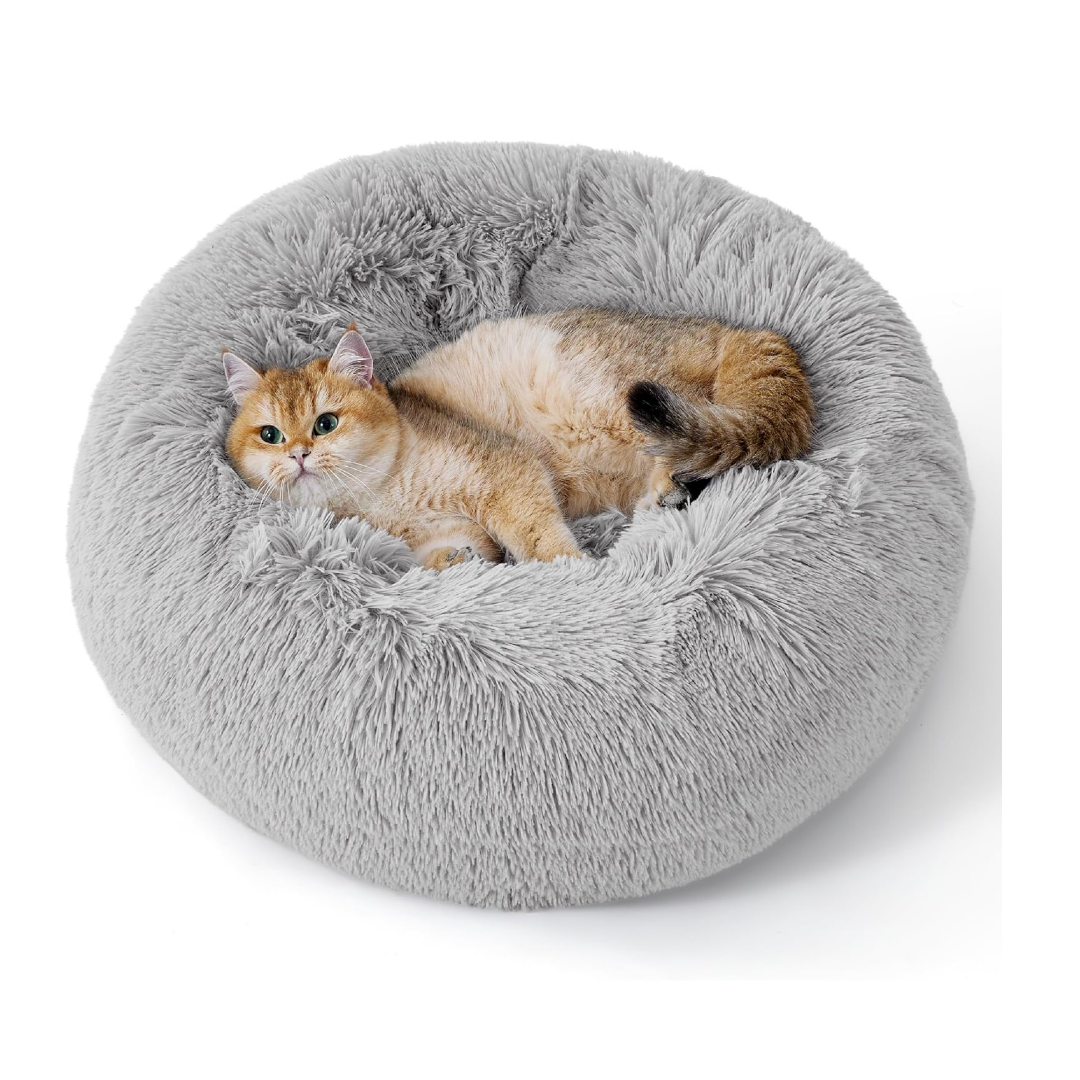
The best donut cat bed
I wish this bed came in human sizes because look how cozy it is! The circular shape is perfect for cats who love to curl up in a ball when they sleep, and the raised rim gives them a comfy spot to rest their head.
You won't have to worry about it sliding around, thanks to the non-slip bottom that keeps it secure while your cat climbs in.
We love that this bed is machine-washable, helping it to stay fresh and clean which will extend its lifespan. With 18 different colors and eight sizes to choose from, you'll be sure to find the perfect fit for your pet and home.
Our tester Allie says: "My cat, Archie, likes sleeping in this bed—but even more so, he loves making biscuits in it! He always tries to knead our clothing or the carpet, so it's great to have somewhere soft and cushy. I can't imagine any cat not liking this bed - but I think as a cat owner, it would be a lot better if you could take the cover off to wash it separately."
Reasons to buy: Raised rim, non-slip bottom, comforting shape, machine-washable.
Reasons to avoid: Cover isn't removable for sizes XS-M.
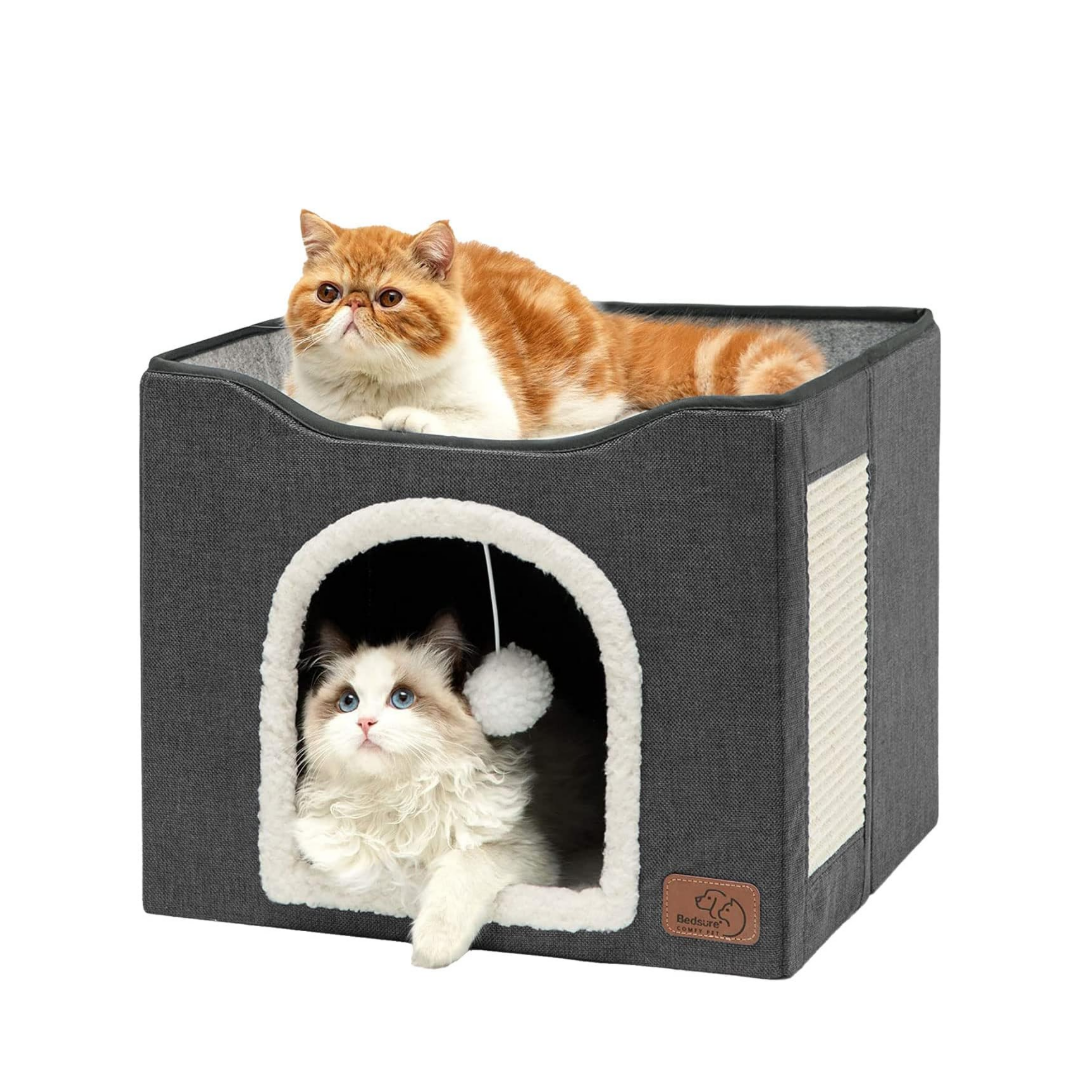
The best cave cat bed
If your cat prefers to hide away when they sleep, we recommend choosing a cozy cave that offers privacy. This one by Bedsure has a multi-purpose design, featuring a sisal scratching pad on the side, a dangling ball, a perch on top, and an enclosed space on the bottom.
Both sleeping areas are lined with a removable cushion made from soft Sherpa, with a machine-washable cover. There are 14 colors to choose from and it's also available in a wider or taller model, which is perfect if you have multiple cats. The foldable design is great for small spaces and makes it easy to store away when needed.
Our tester Allie says: "The bed is a great size for both of my cats. They can each fit inside comfortably. It's a bit bulky but doesn't look bad. The color is very neutral and could go well with any design style."
Reasons to buy: Multi-purpose design, machine-washable cushion, foldable.
Reasons to avoid: Inserts aren't soft enough; requires additional blanket or cushion.
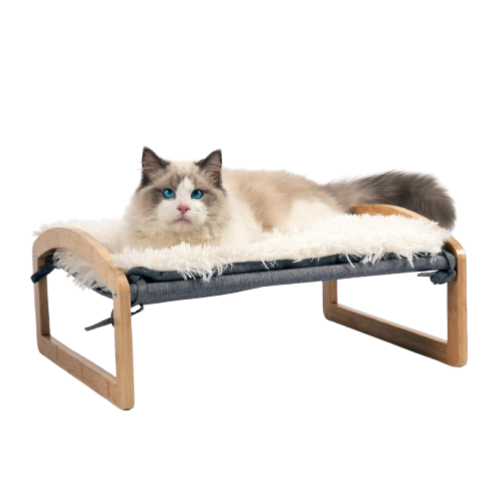
The best hammock cat bed
Many cats prefer sleeping in a raised bed as it offers them a sense of security and protection. This free-standing hammock is one of the best we've ever tested, due to the sturdy design and soft fabric pad.
Our tester Amanda said it was easy to put together and doesn't wobble when her cat climbs inside. It has anti-slip pads to prevent movement, and the cushion is detachable and machine-washable.
Amanda says: "My cat lays in this bed all of the time; he loves it! The instructions were easy to follow, and it had all of the tools we needed inside the box."
Reasons to buy: Raised design, comes with two covers, easy set-up, machine-washable.
Reasons to avoid: Cats with mobility issues might find it hard to climb in.
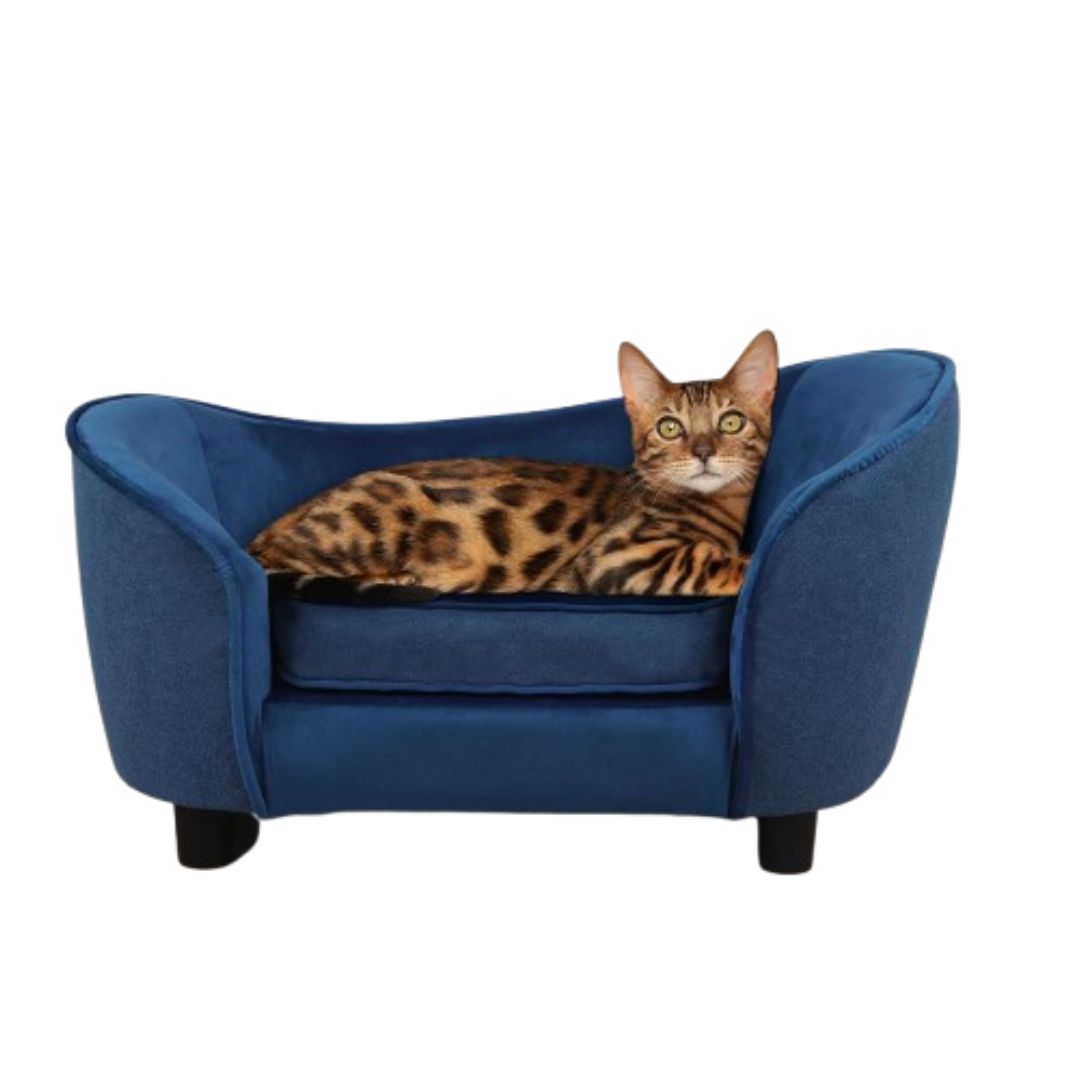
The best sofa cat bed
This stylish sofa bed is lined with soft linen and velvet, making it a fabulous addition to your home. Not only does it look great, but most importantly, it’s comfortable for your cat, filled with dall cotton and high-density foam. The lining is soft to the touch and perfect for pawing into.
We were slightly concerned about how easy it would be to clean, but to our relief, the cushion is removable and washable. It’s a little pricier than your average bed, but the unique design won us over! However, if you're on a budget, we recommend the Ruby Road Hammock in this guide instead.
Reasons to buy: Cute and unique design, soft lining, removable cushion, machine-washable.
Reasons to avoid: More expensive.
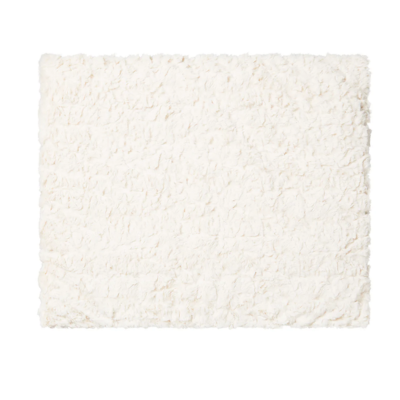
The best self-heated cat bed
I've never felt a cat bed as soft as this one, so I can understand why they named it the 'Cloud Bed.' The self-heating design keeps your kitty warm and cozy, using reflective thermal heat technology when they sit inside. The cover can be removed and put in the washing machine, and this won't spoil the softness.
It's not as padded as I'd like it to be, but it works well as a topper for your bed or sofa, stopping hairs from getting on the furniture and providing a softer surface for them to sit on. If that's a deal-breaker for you, I'd recommend the Bedsure Calming Cat Bed in this guide instead.
Reasons to buy: Self-heated, soft, machine-washable.
Reasons to avoid: Not as padded as other options, more expensive.
Photos from testing
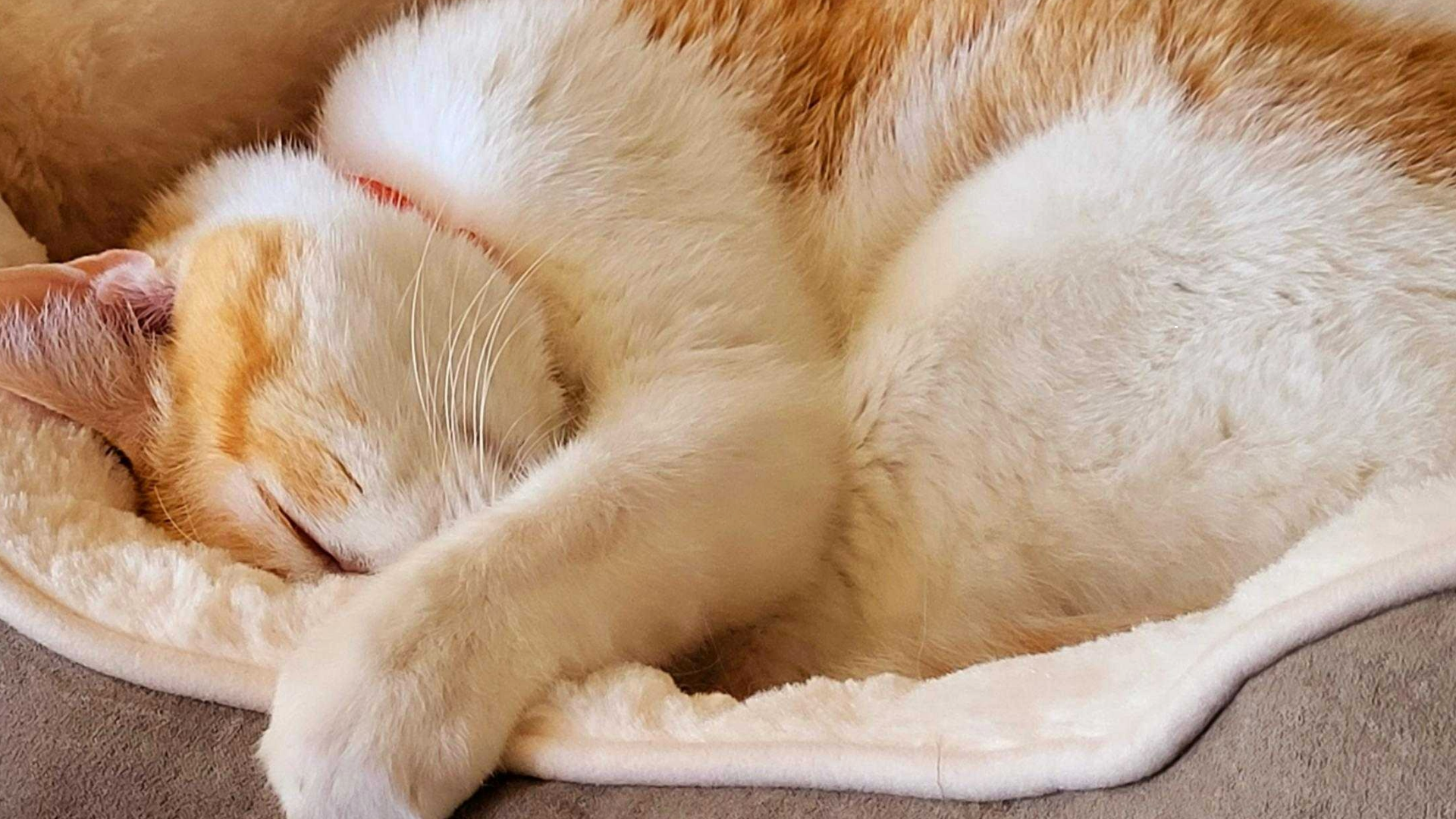
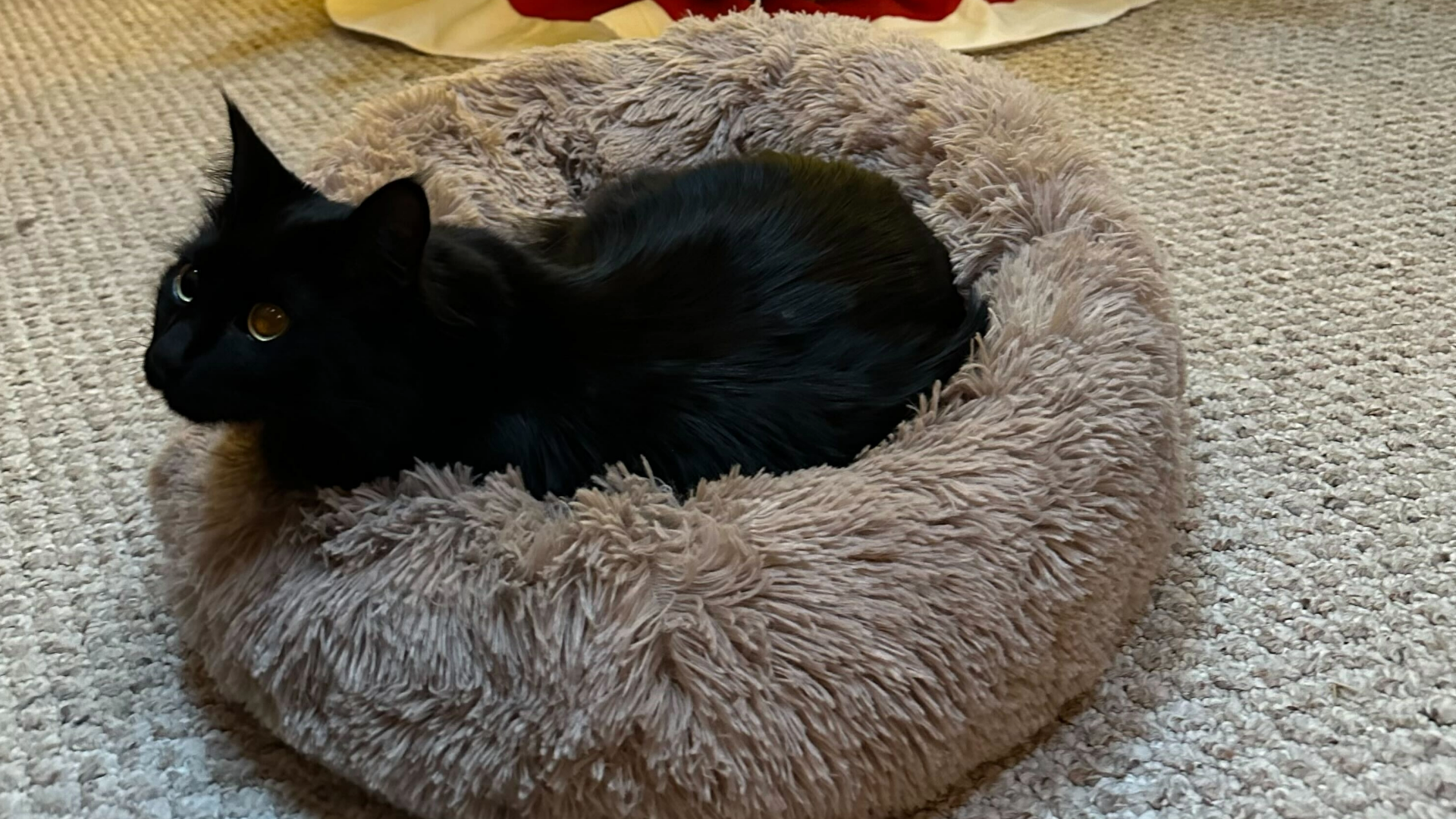
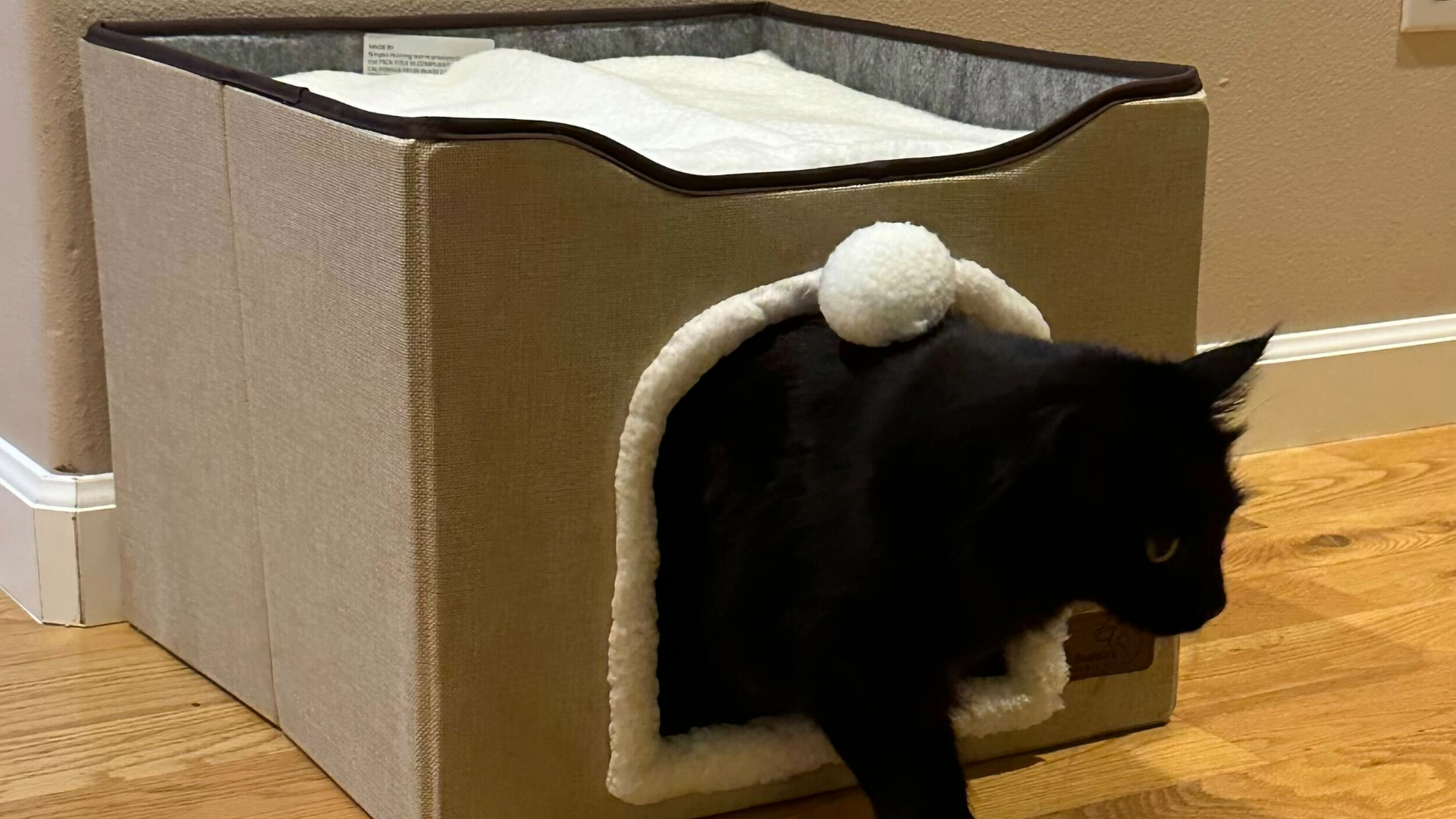
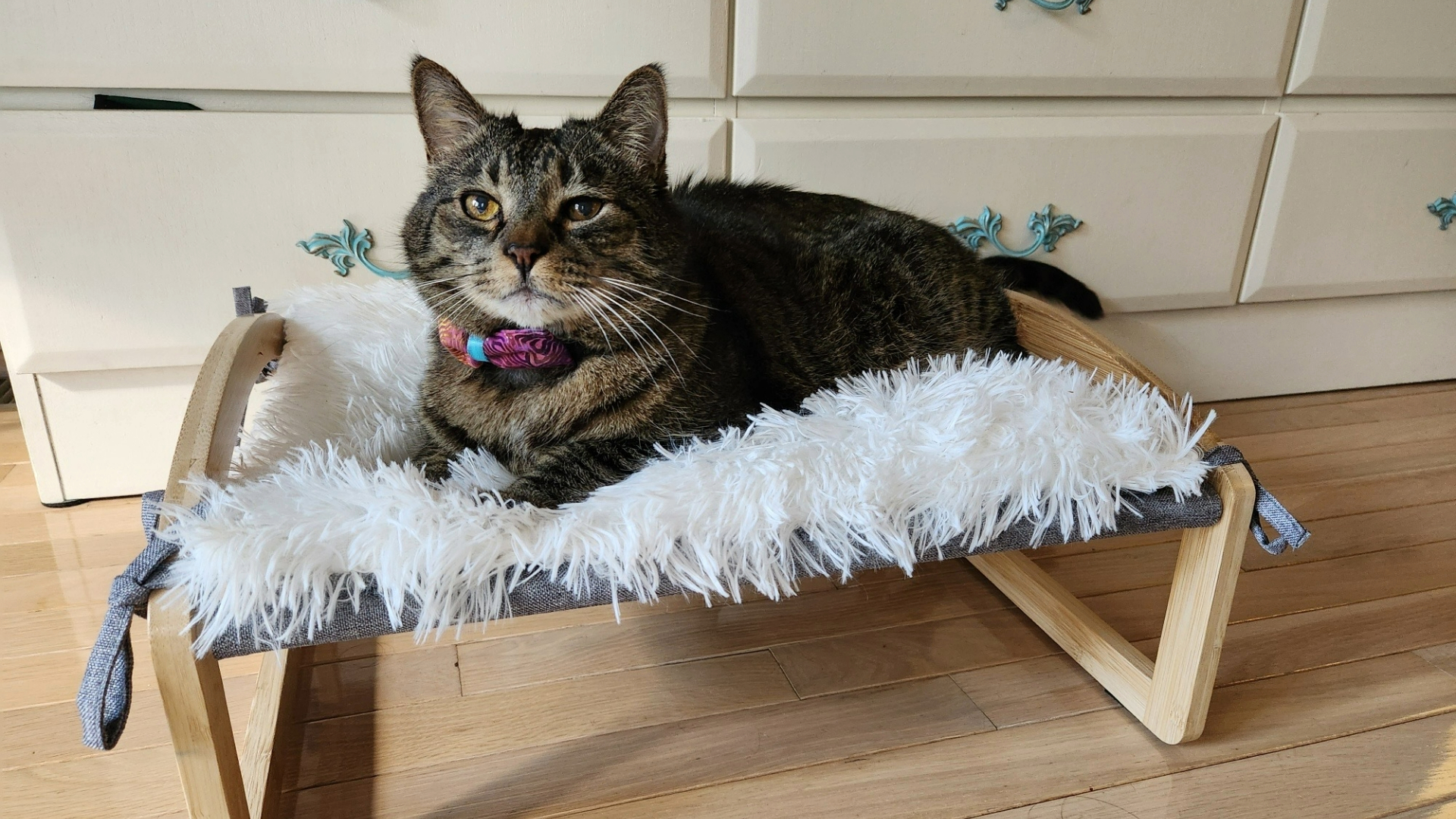
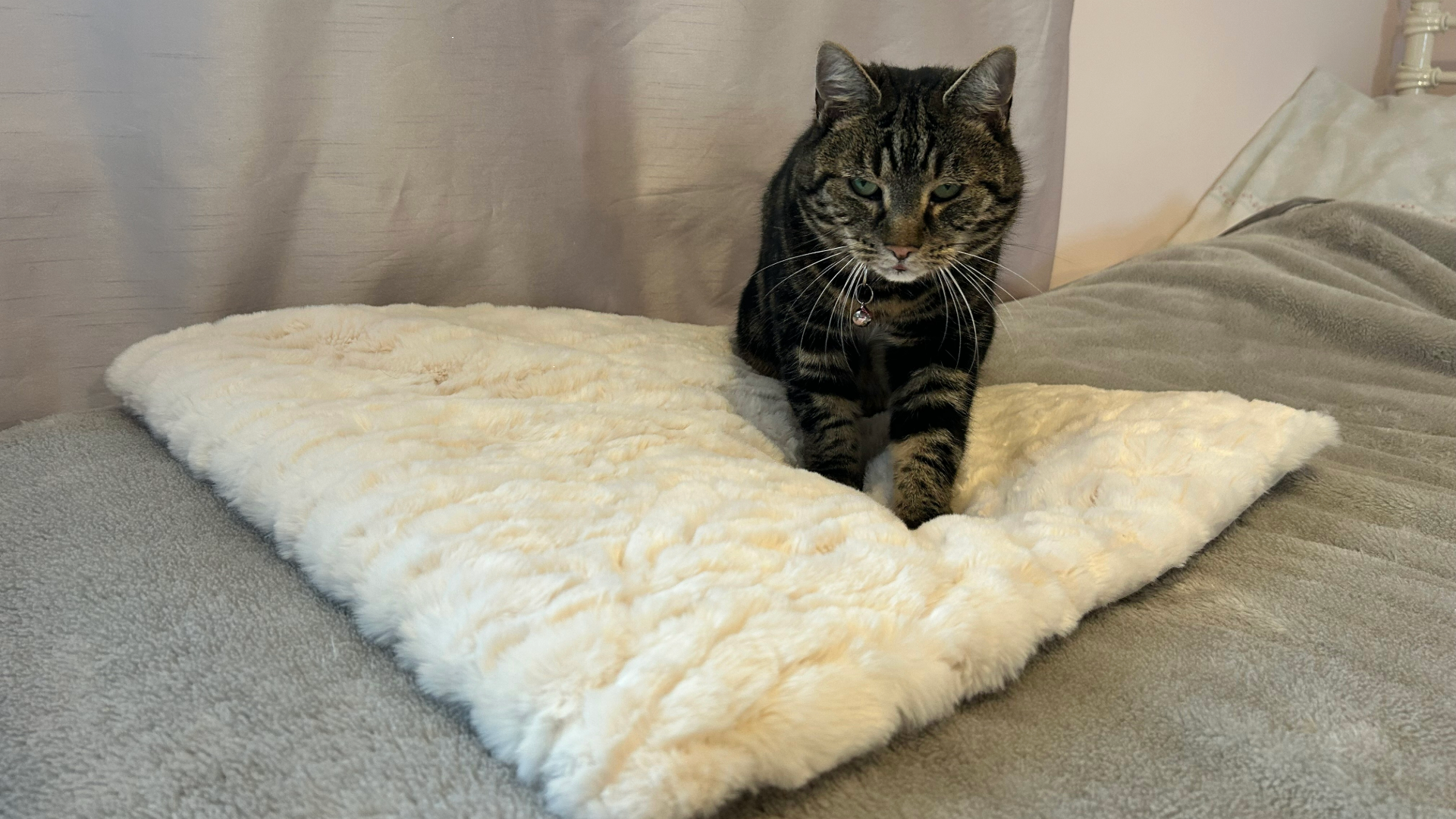
Other products to consider
I also tested the Hide&Scratch bed, which scored points for being made from eco-friendly, recyclable materials. Since it's assembled using pet-safe, plant-based glue, you don’t have to worry if your cat decides to nibble on it.
Whenever we get a delivery, my cats love sitting inside the box and exploring, so I really like the concept behind this product. The base of the bed doubles as a scratching post, which can be removed and replaced once it’s been damaged. This is a great way to keep your cat's claws in good condition, but I’m not sure how comfortable it would be to sleep in – I'd definitely add a blanket inside!
While it is a good product, I can’t justify the price tag for what is essentially a heavy-duty cardboard box.
Hide & Scratch Bed
This multi-purpose bed doubles as a scratching post and is perfectly safe for your cat to chew. It's made from eco-friendly, recyclable materials and is easy to assemble.
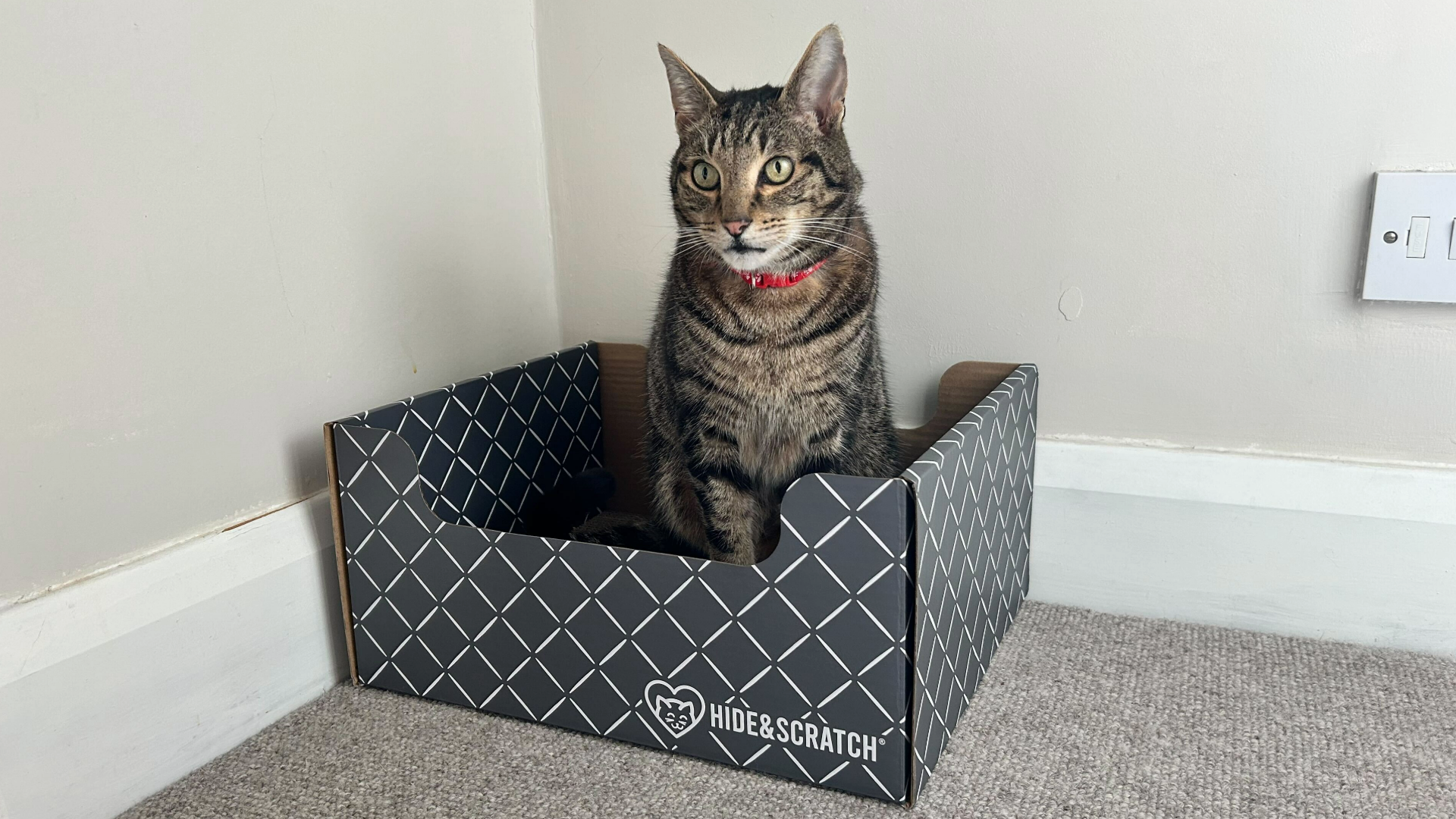
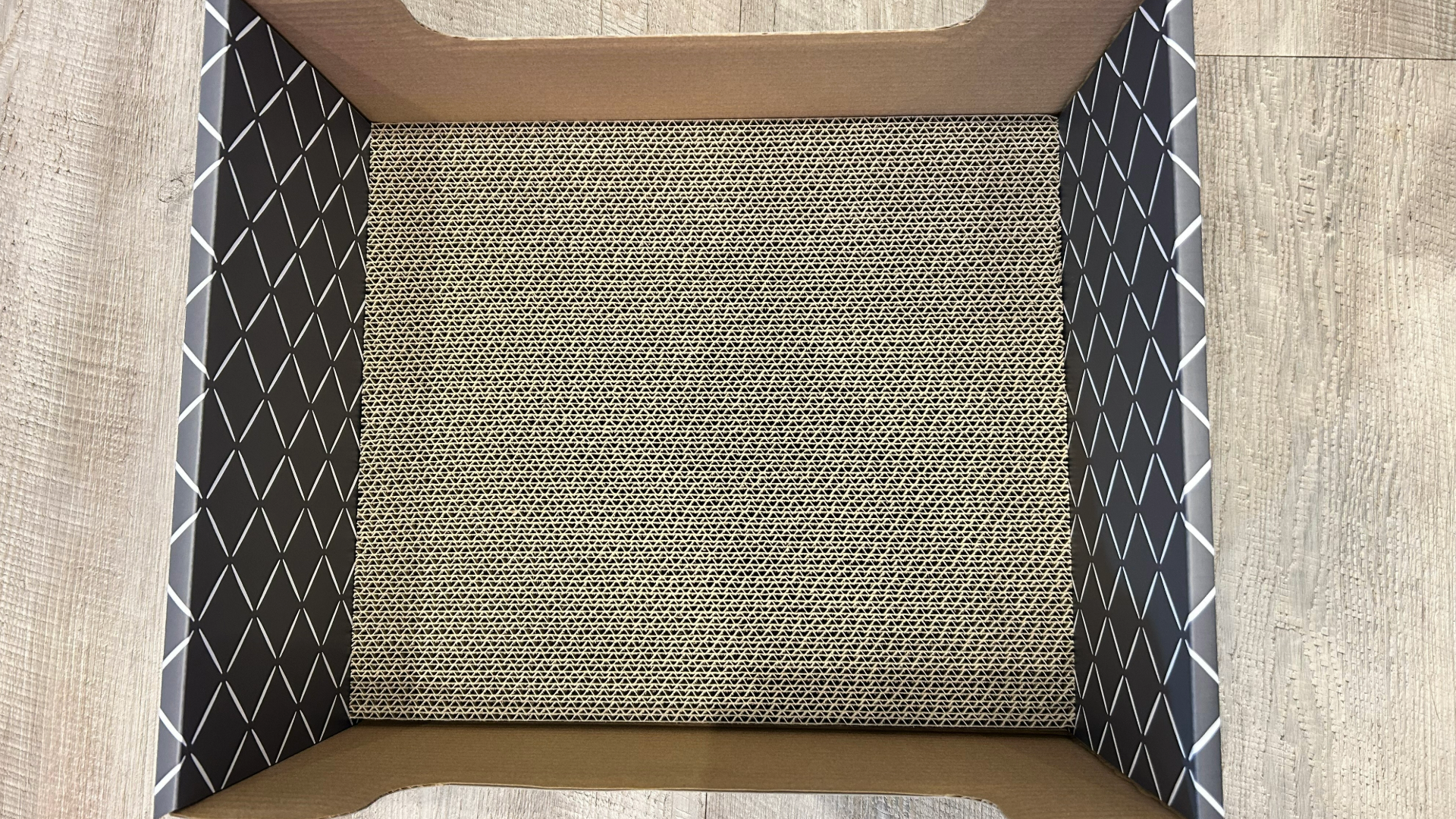
How we tested the best cat beds
To find the best cat beds, I spent hours researching materials, reviews, styles, and whether I’d actually buy them myself. I also consulted our in-house vet team to learn what the experts recommend.
After carefully selecting my options, the PetsRadar team and I tested seven models – though only six made it to this guide. Here’s what we looked out for when testing:
Comfort: Is the lining soft enough for delicate paws? Does it have sufficient padding? Is the size big enough? Is the shape comfortable?
Aftercare: Is it easy to clean? Can you put it in the washing machine? Is the cover removable?
Value for money: Is it worth the money based on the quality? Does it feel durable?
Here's more information on how we test.
How to choose the best cat bed
Given how many hours of beauty sleep most kitties like to clock up, choosing the right cat bed to lay their heads is critical. Just like when it comes to picking your own bed, there’s a few features you’ll be wanting to look out for when selecting the best bed for your feline fur baby.
1. Size
Why you can trust PetsRadar
First and foremost, consider the size of your cat. If they’re on the larger size then you likely won’t want a small cave-type bed that’s going to be hard for them to maneuver in. Similarly, if your cat is on the more petite side, or likes to feel snug and cozy, then a sprawling lounger may not be the best pick.
2. Style
The age and temperament of your cat are also worth taking into consideration. Kittens and cats with more shy dispositions may benefit from hooded beds or those with high sides that will help them feel safe and secure, whereas more sociable and outgoing cats may prefer hanging beds where they can keep an eye on what’s going on around them and be part of the action.
3. Durability
Finally, durability and washibility are worth thinking about. You’ll likely want something that will go the distance and withstand lots of wear and tear. If you have a cat who is prone to shedding a lot of fur, or one who may suffer from incontinence, then consider selecting a bed that can be easily washed and dried.
At the end of the day, no matter what cat bed you decide to purchase, the most important factor is that it gets the big paws up from your four-legged companion. After all, a happy cat equals a happy you.
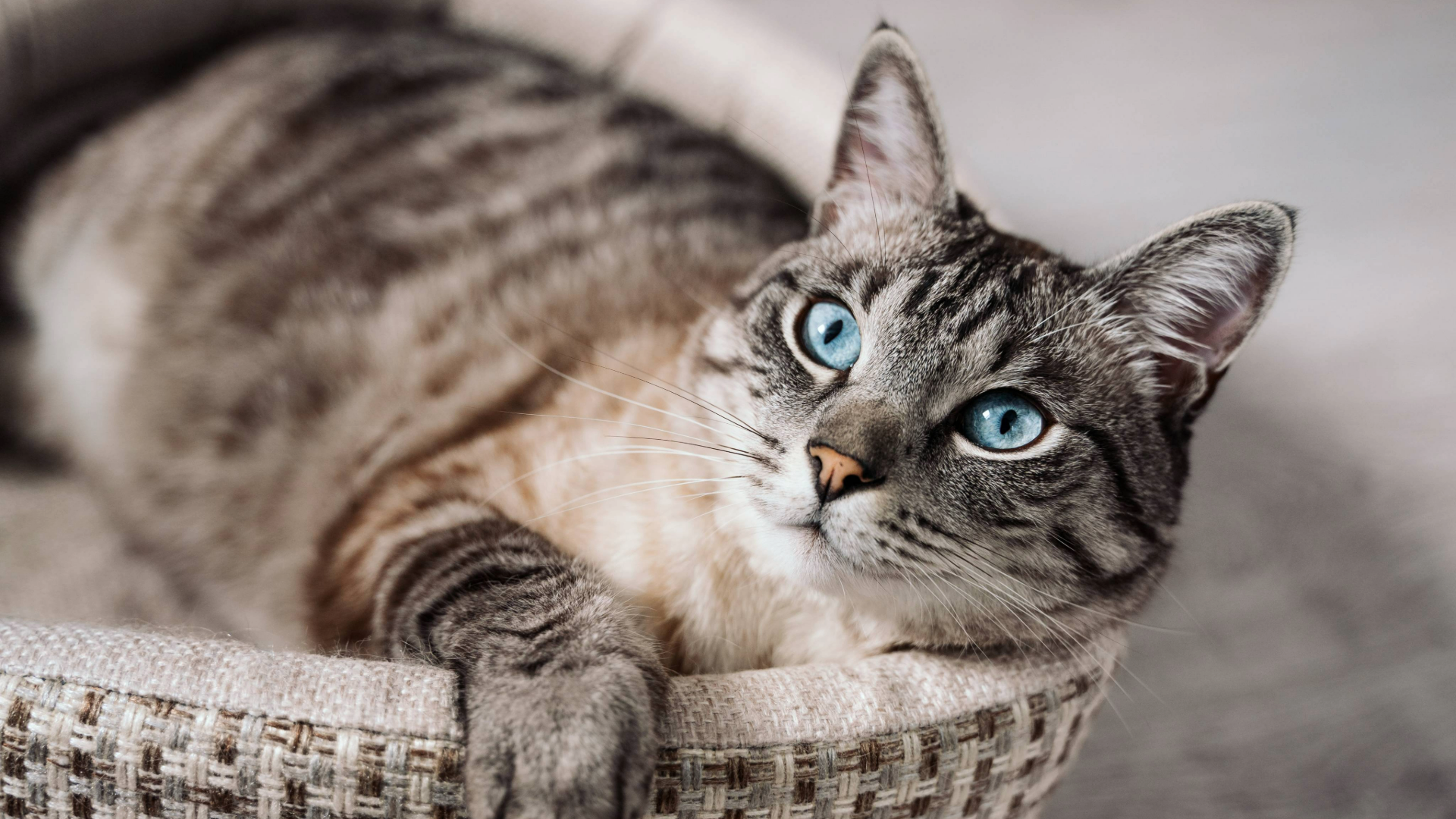
What type of beds do cats like best?
Vet Dr. Hannah Godfrey says that “most cats prefer to sleep in a covered or enclosed bed to help them feel safe and secure. Therefore, when choosing a cat bed, an igloo or cave type that's soft, cozy, and helps them feel less vulnerable to threats might be the best.”
You should also consider your cat’s health when choosing a cat bed. “A soft and padded bed is particularly important for older cats with sore joints associated with arthritis,” explains Dr. Godfrey.
If you have a particularly social moggy, then they might snub a cat bed altogether in favor of curling up on your lap, or on the sofa. In these cases, an open-topped cat bed is a great idea, but Dr. Godfrey suggests that a covered cat bed is still a good idea to give your kitty a “quiet area so they can escape if they feel scared or stressed.”
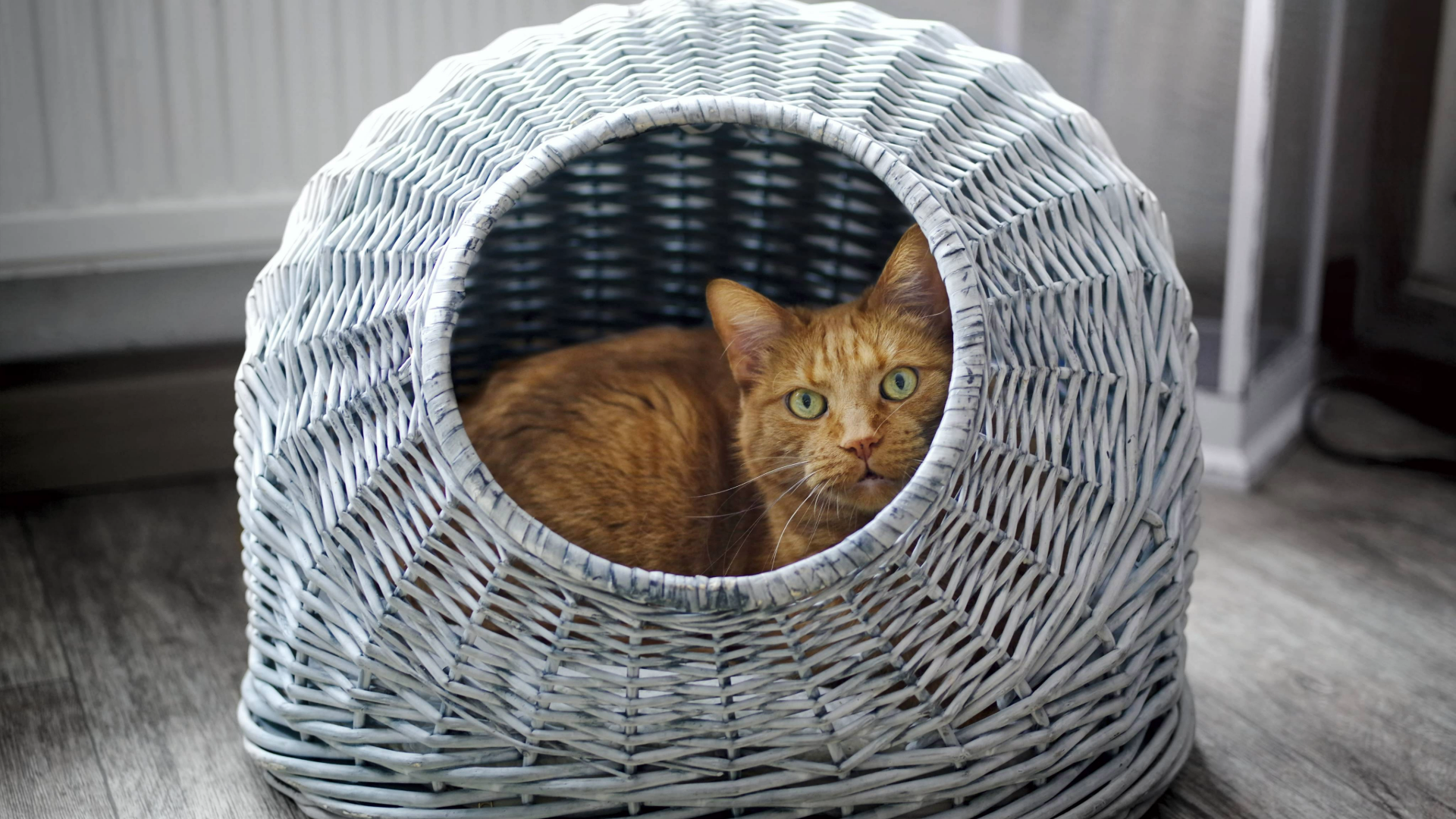
Where should you put the best cat bed?
Once you've bought the best cat bed, you might be wondering where you should put it. Dr. MacMillan recommends a calm, quiet and secluded area of your house where they won't be disturbed.
She adds: "You could also try positioning the bed high up on an item on a cat tree or other piece of furniture, like your own bed, the sofa, or a shelf. Many cats like to be elevated when they are resting so that they can keep half an eye on their surroundings. Just make sure there are no draughty windows or slamming doors nearby so that your cat can sleep peacefully."
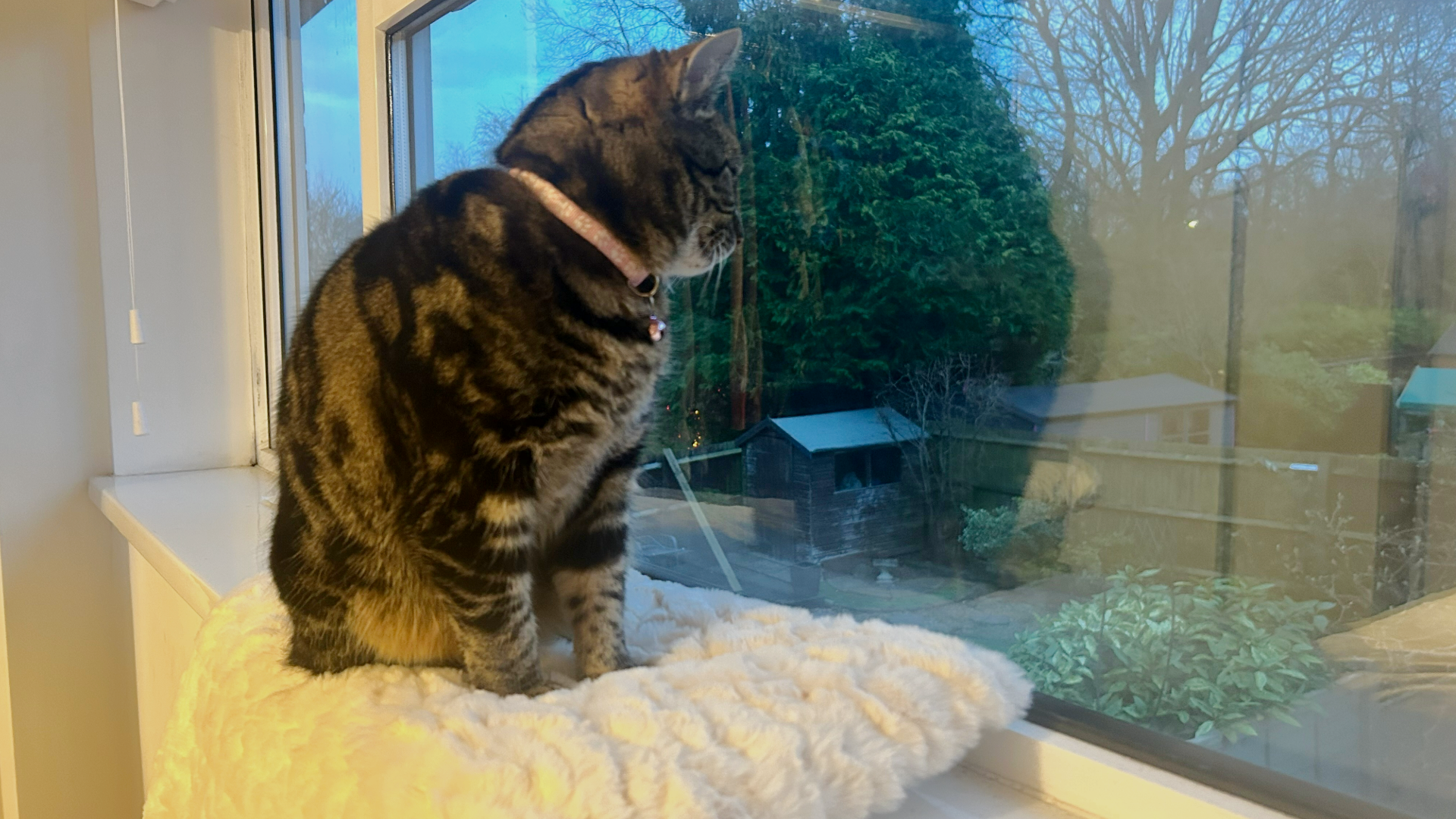
Why does my cat sleep on the floor instead of their bed?
If you've bought your cat a lovely new bed but they choose to sit on the floor instead, it's natural to feel a little bit confused!
Dr. MacMillan says: "It’s hard to know what’s going through a cat’s mind when they choose the floor over a nice cozy bed! But cats can be very particular creatures. There may be something about the new bed that they just don’t like, for example, the smell or the shape."
To solve this issue, she recommends spraying some calming cat pheromones (like these available on Amazon) on it or placing the best cat treats or best cat toys inside for encouragement. You might also want to move the bed to a different location, like up high or in another room.
However, it might also be that the shape of the bed doesn't suit them. For example, if you've bought a round or enclosed bed but they like to stretch out, they might choose the floor where they have unlimited space.
Dr. MacMillan adds: "Some cats prefer the floor over a warm bed because they are self-regulating their body temperature. A warm cat may seek a nice cool floor to lay on, rather than a fleecy bed. Or perhaps that particular spot gives them the best view of the house. If you have done all you can to make their bed as attractive as possible, then you may just have to accept your cat has their own agenda!"
Want more cat advice? Read: Why do cats sleep so much?

Megan has been Staff Writer on PetsRadar since December 2023, and has two cats named Chilli and Nala. She's tested a range of cat beds over the years, from hammocks and caves to bolster cushions and donuts. She has a degree in Journalism from the University of Westminster.
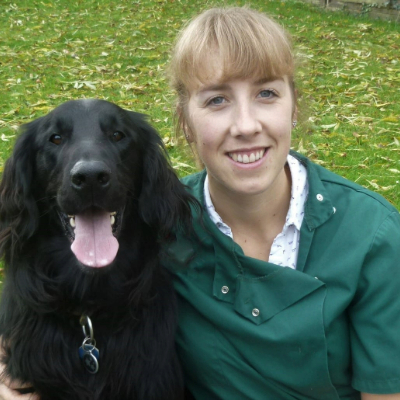
Rebecca is a veterinary surgeon who graduated in 2009 from the Royal Veterinary College in London. She has a wealth of experience in first opinion small animal practice, having done a mixture of day-to-day routine work, on-call emergency duties and managerial roles over the years. She enjoys medicine in particular and she is proud to have recently achieved a BSAVA postgraduate certificate in small animal medicine (with commendation).

Hannah graduated from the Royal Veterinary College in 2011 and began work straight away at a busy mixed practice. Initially, she treated all species, but focused on small animals from 2014. She has a passion for soft tissue surgery, ultrasound, and canine and feline dentistry, having completed additional training in these areas.
PetsRadar Newsletter
Get the best advice, tips and top tech for your beloved Pets

Megan is a Staff Writer at PetsRadar, covering features, reviews, deals, and buying guides. She has a wealth of experience caring for animals, having grown up with dogs, cats, horses, guinea pigs, and more throughout her life. She studied BA Journalism at the University of Westminster, where she specialized in lifestyle journalism and was editor of Smoke Radio’s lifestyle website. Megan works alongside qualified vets and accredited trainers to ensure you get the best advice possible. She is passionate about finding accurate and helpful answers to your pet-related questions.
- Dr Rebecca MacMillanVet
- Dr. Hannah Godfrey BVetMed MRCVSVet
- Kathryn WilliamsFreelance writer
